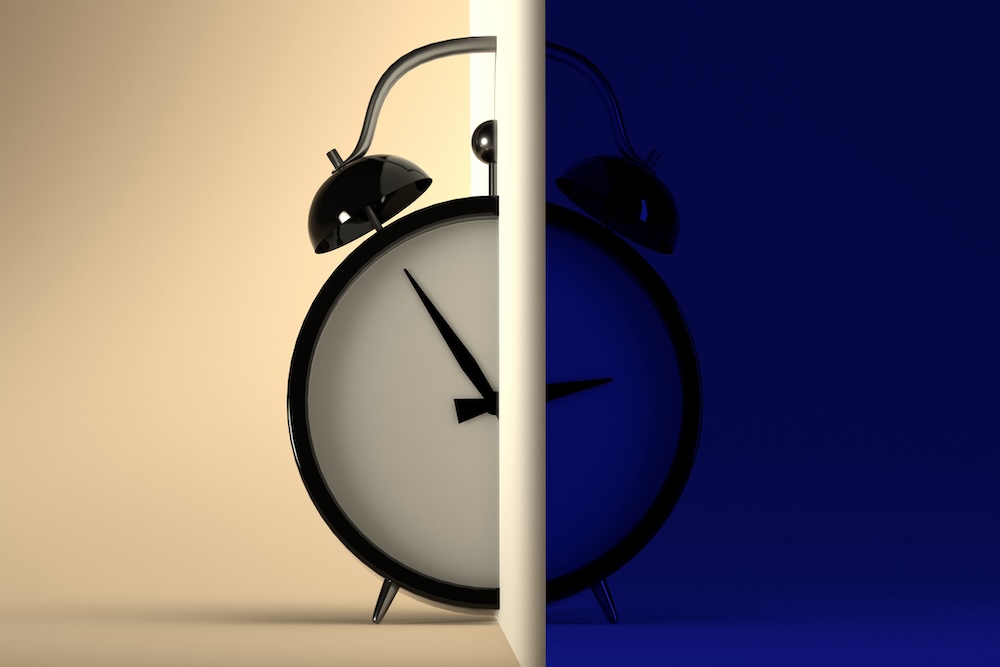Media Coverage
The work done by Northwestern University Feinberg School of Medicine faculty members (and even some students) is regularly highlighted in newspapers, online media outlets and more. Below you’ll find links to articles and videos of Feinberg in the news.
-
NBC 5 Chicago
–
New Study Provides Clarify on Impacts of Stress on Fertility
[VIDEO] A new study provides clarity on the impacts that emotional stress has on fertility. (Featuring: Tarun Jain, MD, reproductive endocrinology and infertility at Northwestern Medicine )
-
WTTW News
–
At What Point Does a COVID-19 Infection Become a Disability?
Dr. Charles Davidson, who oversees the Northwestern Medicine Comprehensive COVID-19 Center, estimates that about 20% to 30% of COVID-19 patients are impacted by the phenomenon.
-
Crain’s Chicago Business
–
Northwestern Researchers Detail Opioid Fatalities During Stay-at-Home Period
Disruptions in treatment, in-person support and even the opioid drug supply lead to more opioid overdose deaths in Cook County during the 11-week stay-at-home order in Illinois, according to a Northwestern University study published last week in JAMA Insights.
-
The New York Times
–
Five Takeaways From the New Food Allergy Law
Dr. Ruchi S. Gupta, a professor of pediatrics at Northwestern Medicine in Chicago, said these sections of the FASTER Act put food allergies on a similar level with other health conditions because it centralizes efforts to monitor food allergies. “We need to do a deeper dive into what is 10, 11, 12” on the list of top allergens, said Dr. Gupta, a senior author of the 2019 study.
-
NBC News
–
Covid slowed mass shootings. But from Colorado to California, they’re back. Here’s why.
March of 2020 will forever be remembered as the month the World Health Organization’s director-general officially declared that Covid-19 was a global pandemic. But as a mass shooting researcher, I will remember it as the month mass shootings stopped.
-
The Washington Post
–
Biden signs new law that makes sesame the ninth major food allergen
In the past two decades, life-threatening childhood food allergies have risen steadily, growing by about 4 percent per year to afflict 32 million Americans, according to research by Northwestern University, McKinsey & Company, and Food Allergy Research and Education, a nonprofit. Studies estimate that the costs borne by American families — for medical bills, buying special foods or forgoing full-time employment to care for a child with a food allergy — total $24.8 billion annually.
-
Chicago Tribune
–
Some people are reporting abnormal periods after a COVID-19 vaccine. U. of I. professor is looking for answers.
Dr. Rakhi Shah, an OB-GYN at Northwestern Medicine Delnor Hospital, said she doesn’t see a way the COVID-19 vaccines could affect menstruation. “I think that there’s really no biological mechanism that is plausible in terms of how that could be possible,” Shah said. “I think that potentially people are having normal menstrual pain plus the aches and pains that are associated post-vaccine, and maybe combining all of that together and associating it.” Dr. Julie Levitt, an OB-GYN at Northwestern Medicine said two patients have come to her with concerns specifically related to their periods after getting vaccinated.
-
Crain’s Chicago Business
–
Trapped by trauma: Systemic racism is a public health crisis
The release of the body camera video of the fatal shooting of 13-year-old Adam Toledo by Chicago police has left many people feeling traumatized. This is the latest in a series of graphic videos displaying people of color dying at the hands of the police.
-
NBC Chicago
–
Study: Single COVID Vaccine Dose Insufficient for Individuals Who Had Mild Cases of Virus
“Our data are suggesting that the path to herd immunity really is through vaccination,” professor Thomas McDade, who was one of the individuals who helped put the study together, said. The study found that one dose “does not provide adequate protection for most people who had mild or asymptomatic cases of COVID-19,” and that those individuals should still get both doses of the treatment.
-
WebMD
–
Milk Overtaking Nuts As Top Food Allergy Threat
“Because lactose intolerance is so common, people don’t think of milk allergy as something that can be significant or severe,” said Ruchi Gupta, MD, director of the Center for Food Allergy and Asthma Research at the Northwestern University Feinberg School of Medicine in Chicago.






